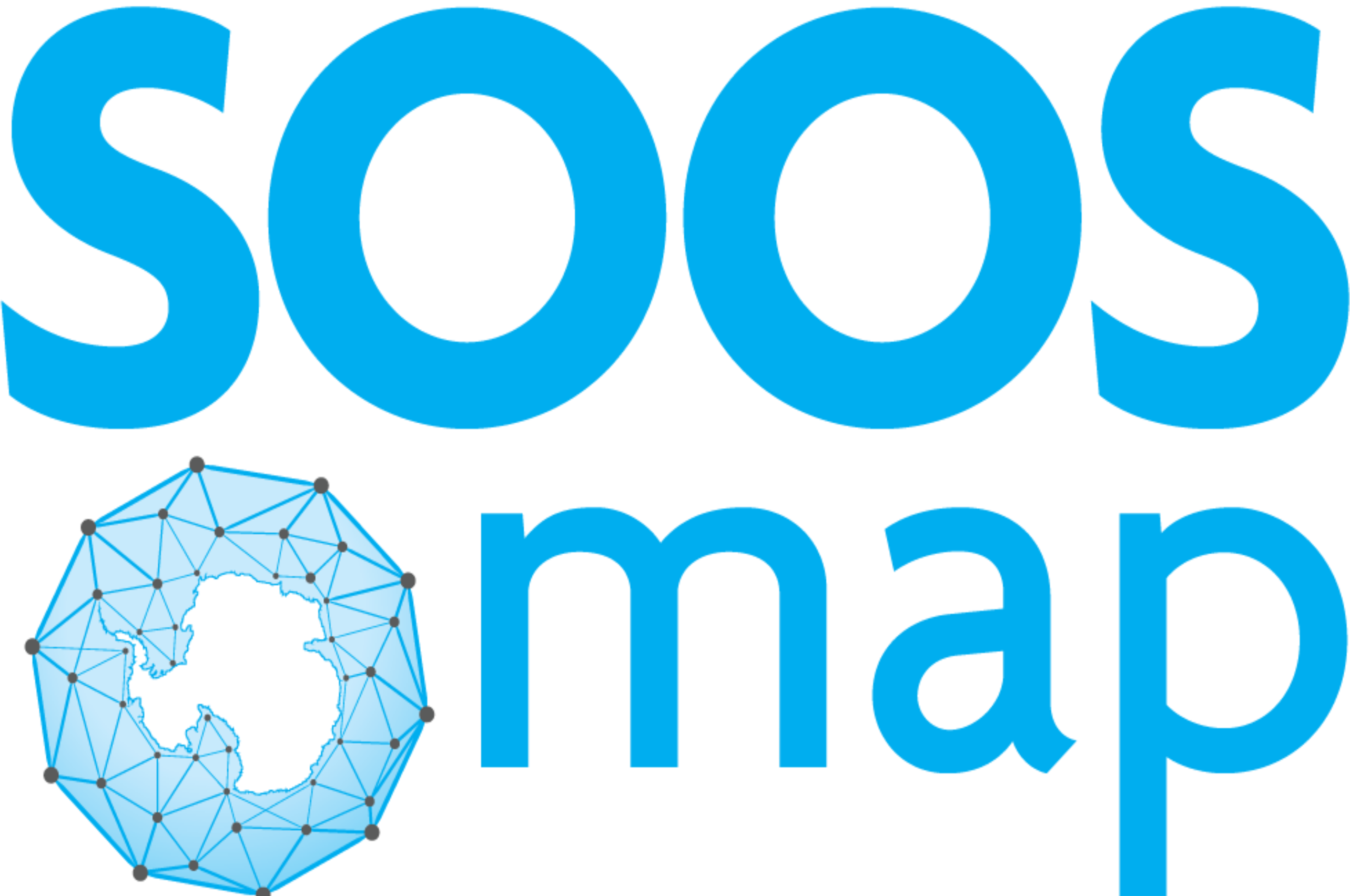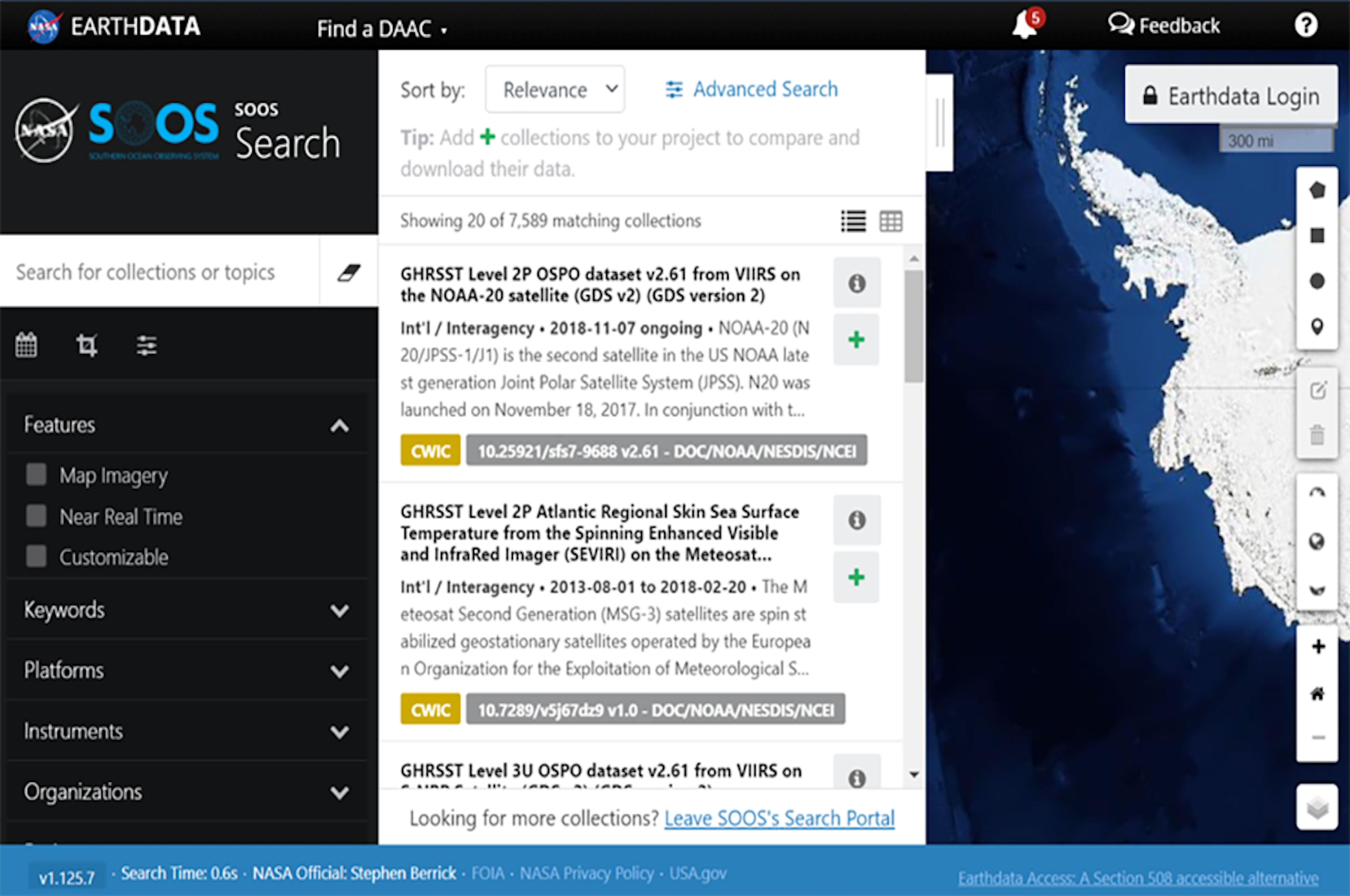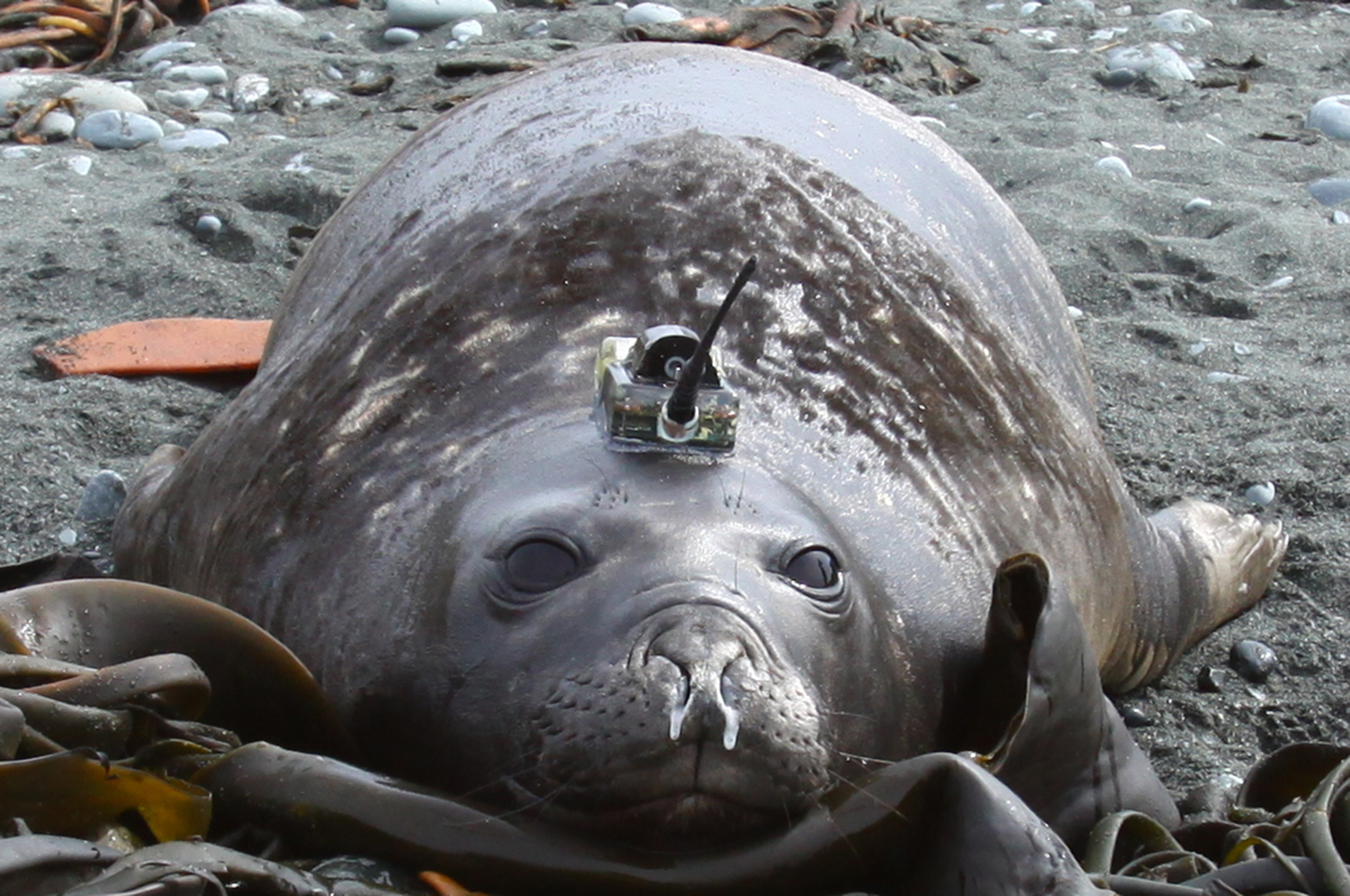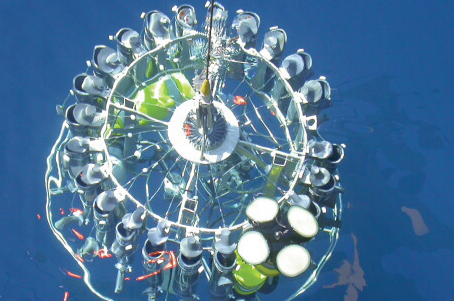SOOS Data Management
SOOS is a proud partner member of the International Science Council's World Data System. WDS is a global community of excellence in data stewardship and management. As a WDS Partner Member, SOOS does not manage data itself but it encourages and supports the data stewards in its community to join WDS and to participate in its efforts to develop a global interoperable and distributed system of data management services to support great science.
SOOS Data Values
The SOOS data community is a federation of data professionals bridging nations and scientific disciplines, with the aim of developing data sharing and discovery tools that meet the needs of Southern Ocean researchers, and that are nested in a global network of data management systems. The following values provide a decision-making framework for all SOOS data activities:
Free and FAIR data: Data should be freely shared for reuse by other members of the community in ways that maximise the Findability, Accessibility, Interoperability, and Reusability (FAIR Principles) of the data, so far as is ethically responsible (“as open as possible; as closed as necessary”). A single authoritative copy of the data should be preserved in a trusted, long-term, well-curated, and publicly accessible repository (see the SOOS data policy for more details).
Local but Global Tools: Data sharing and discovery tools for the Southern Ocean community should be interoperable with similar tools elsewhere and should not duplicate existing efforts, where possible.
Flexible Networks: Networks are stronger than single pillars. Tools that are collectively owned and supported by multiple agencies have more opportunities for ongoing support than those relying on a single agency.
Mobile Tools: To support the value of Flexible Networks, it is important that, where possible, new tools should be built in “containerised” ways that allow them to be separated from the internal infrastructure of a given host, to allow them to be moved if necessary.
Adaptability: Tools and services should be able to be changed as SOOS’ needs grow and as technologies develop.
Open Standards: The use of open standards, open source software, and openly documented tools support the interoperability of SOOS tools and systems with those in other regions and disciplines.









